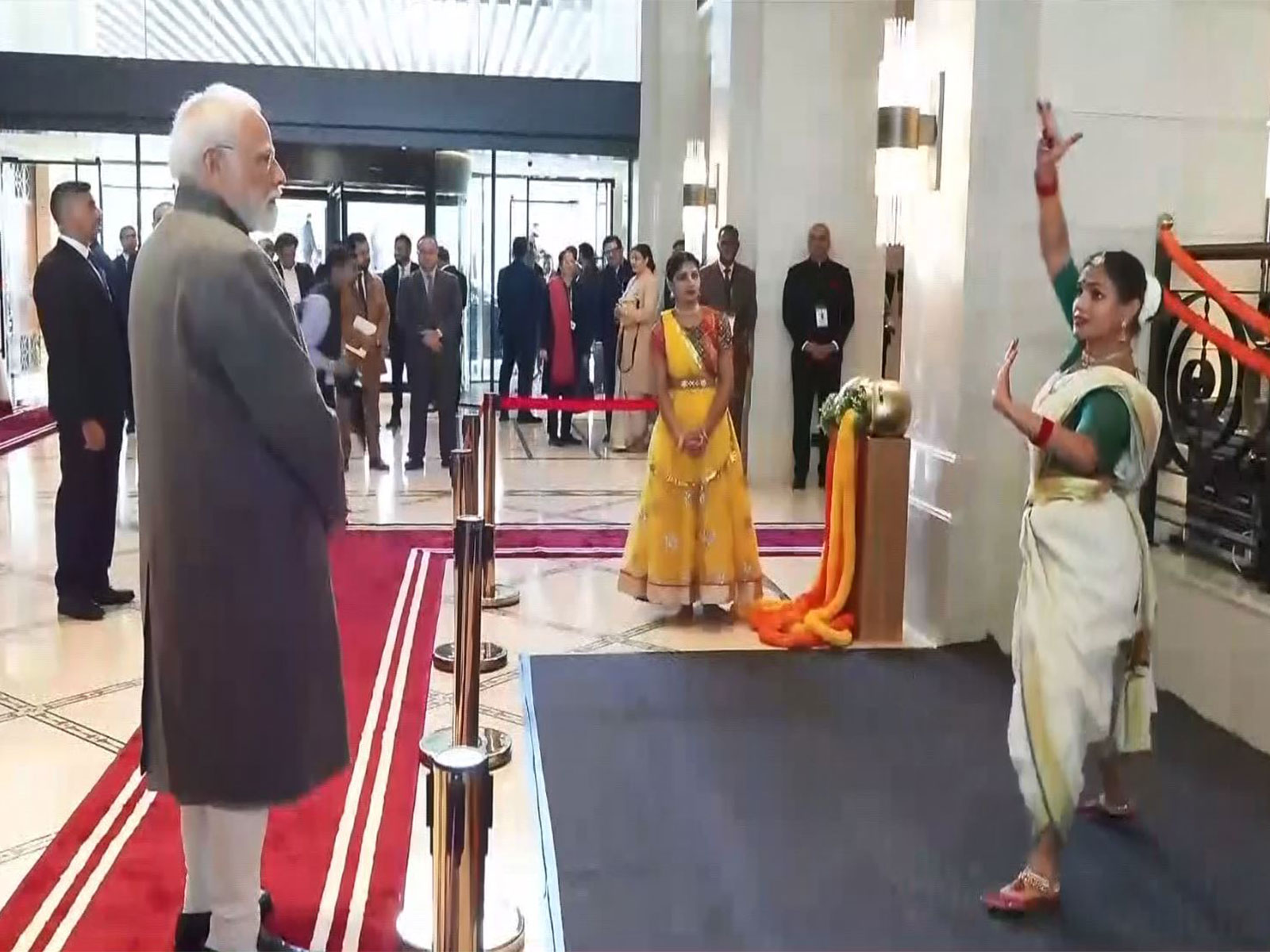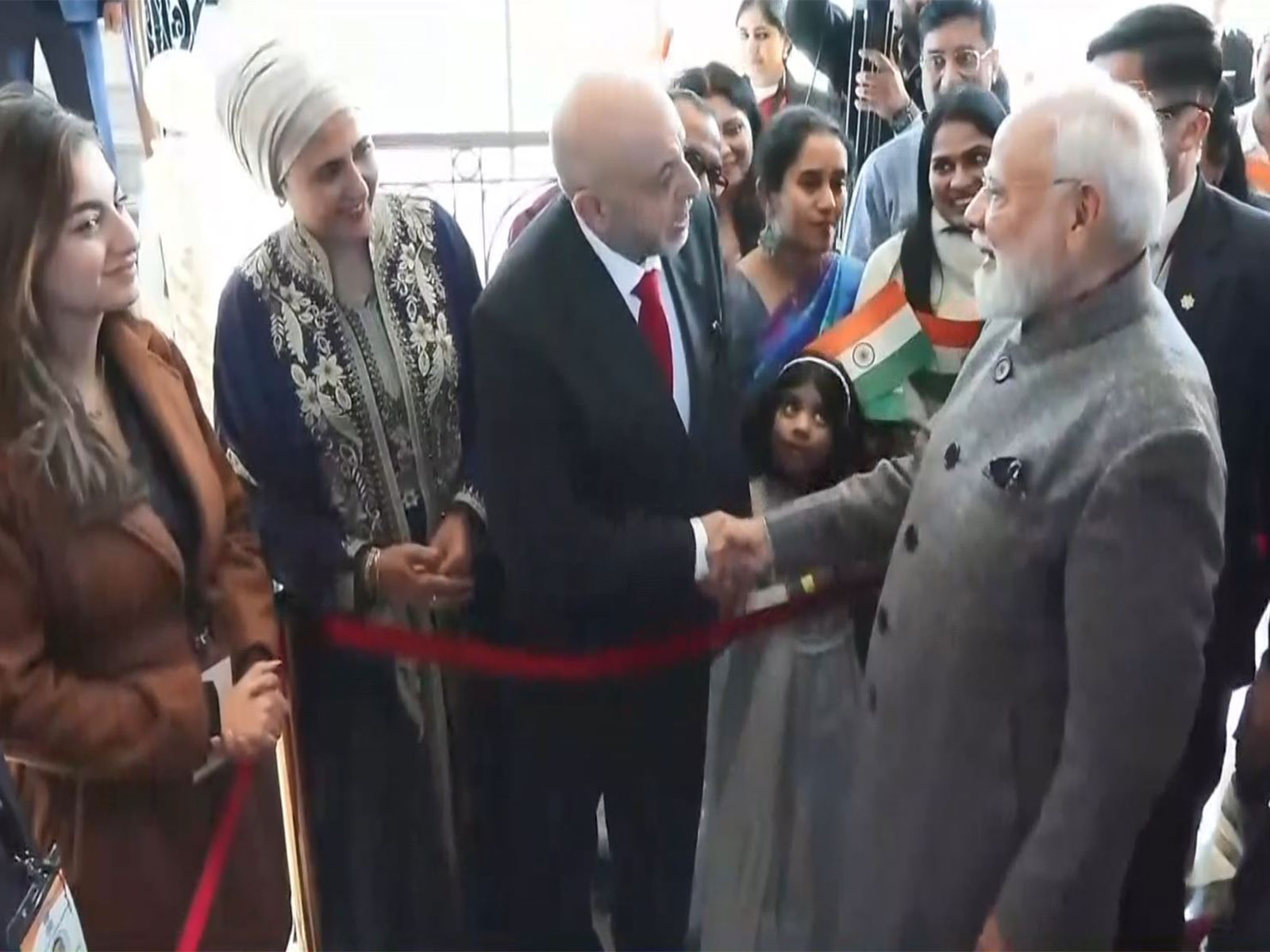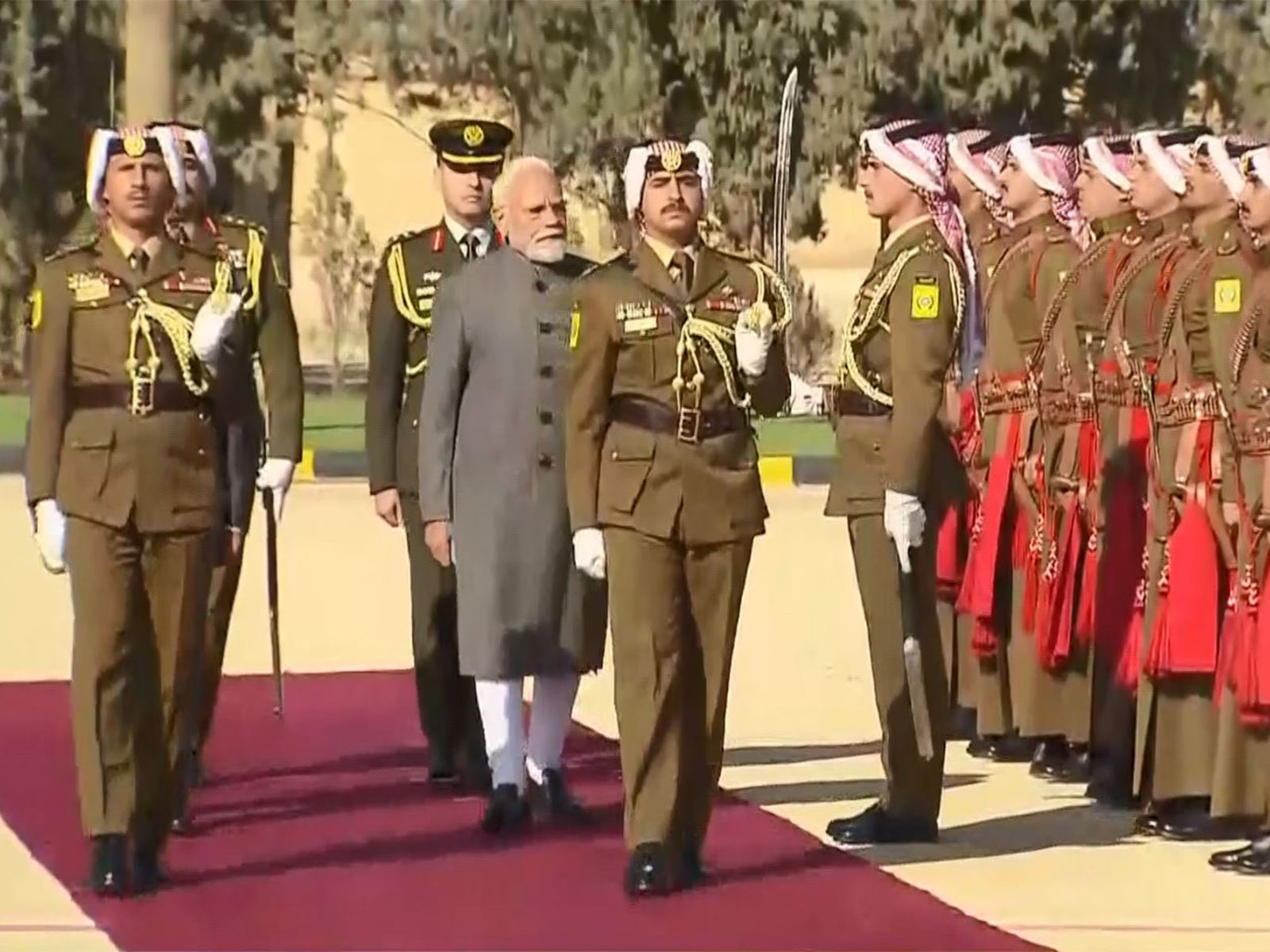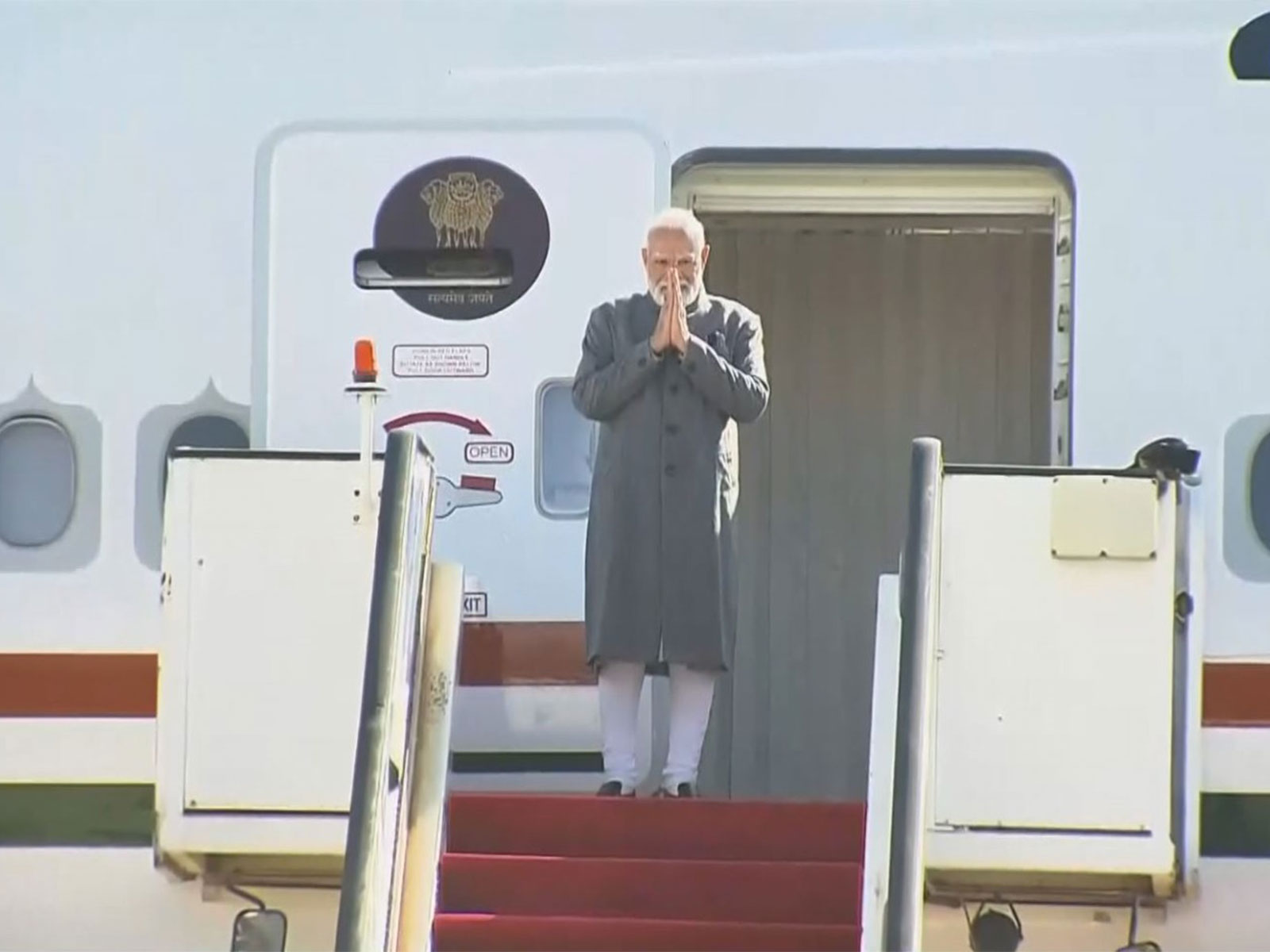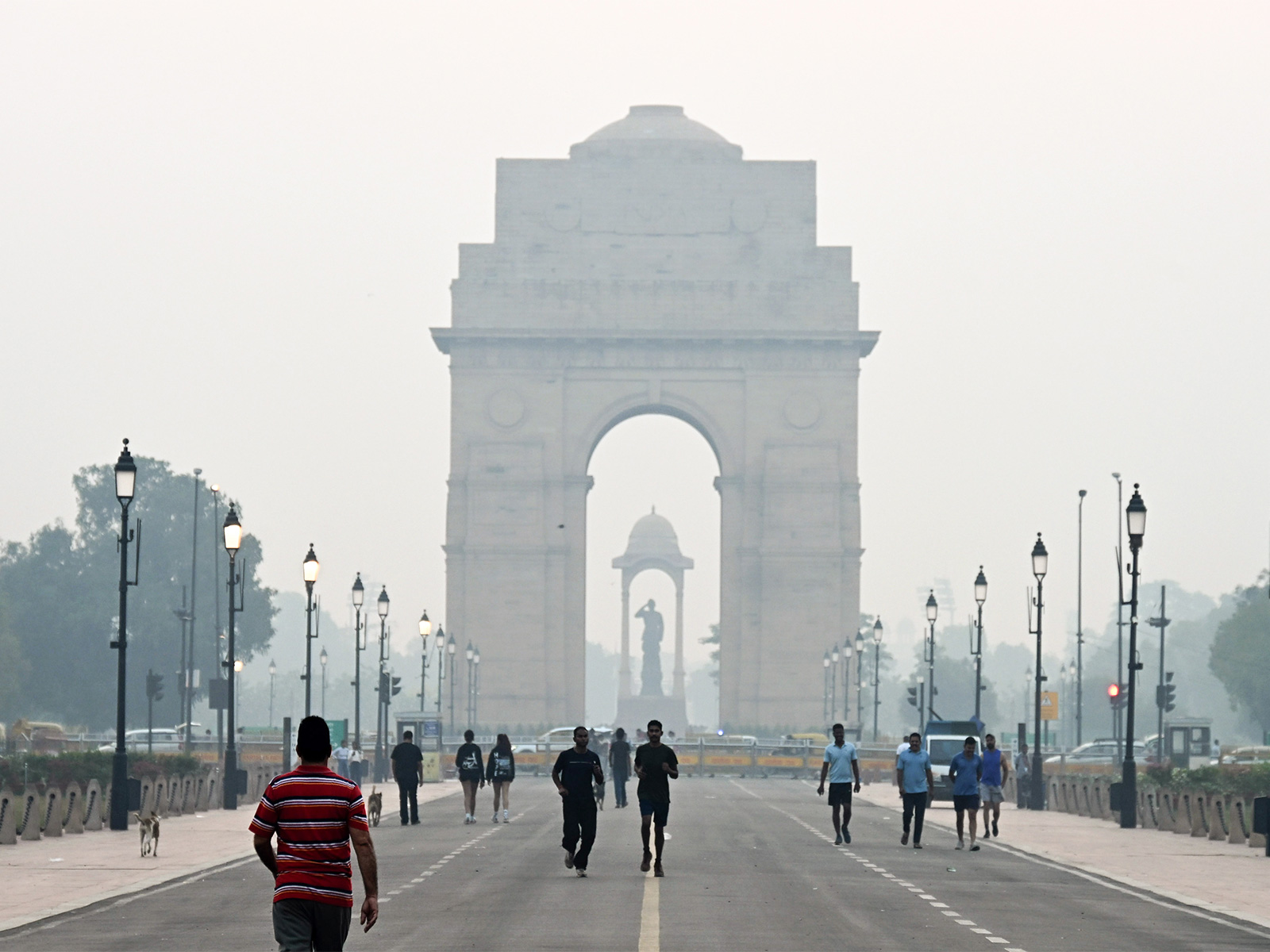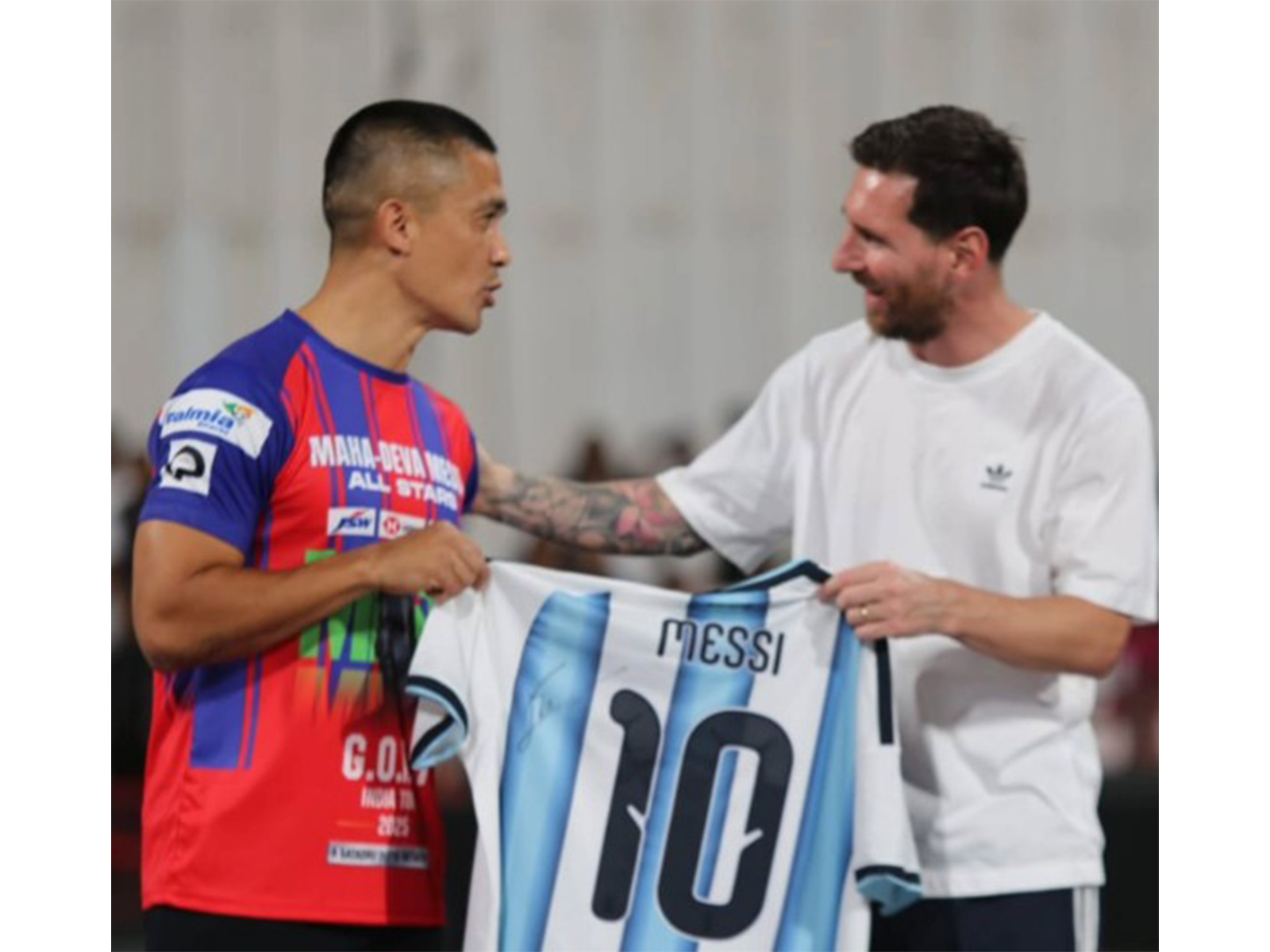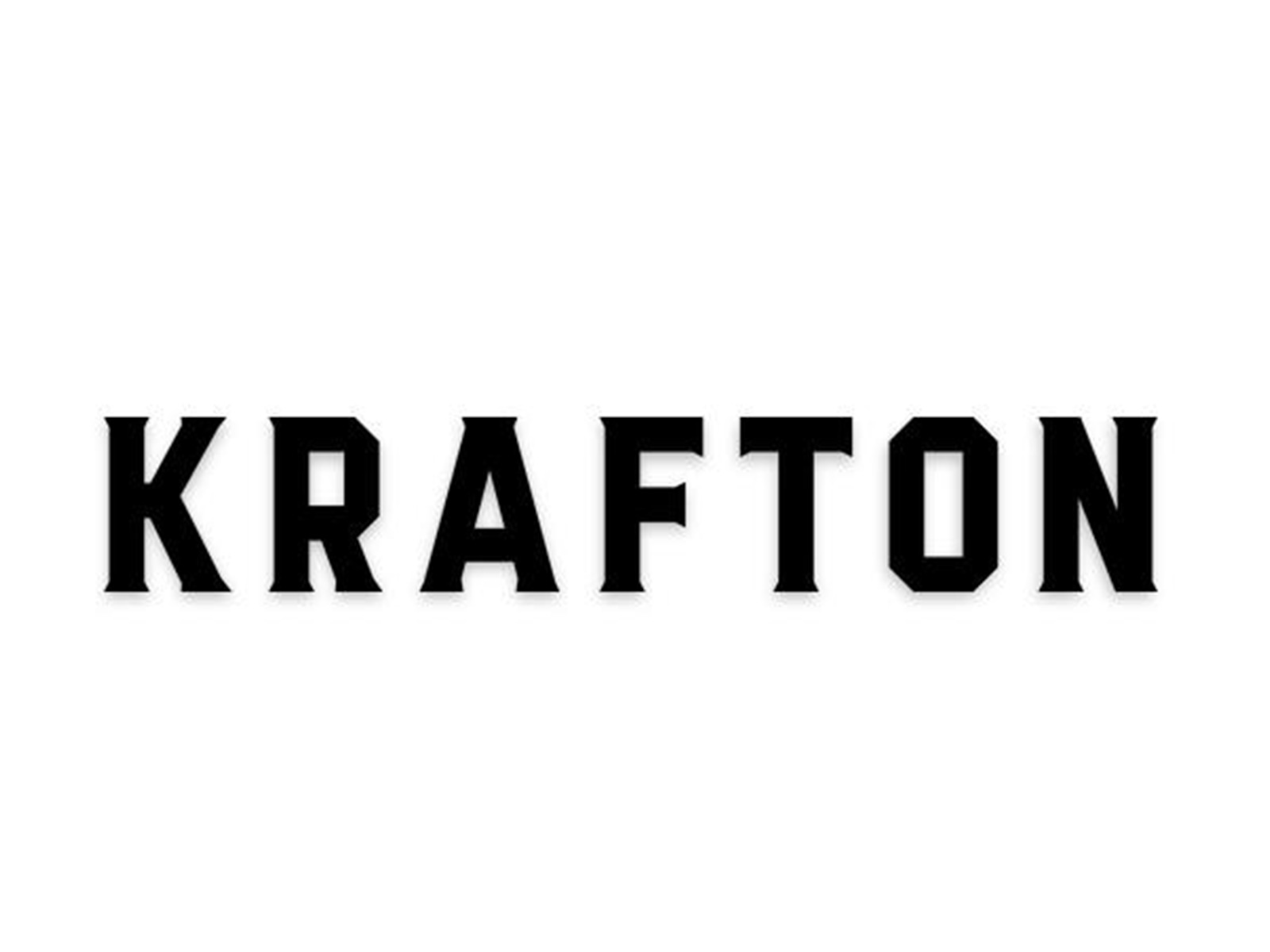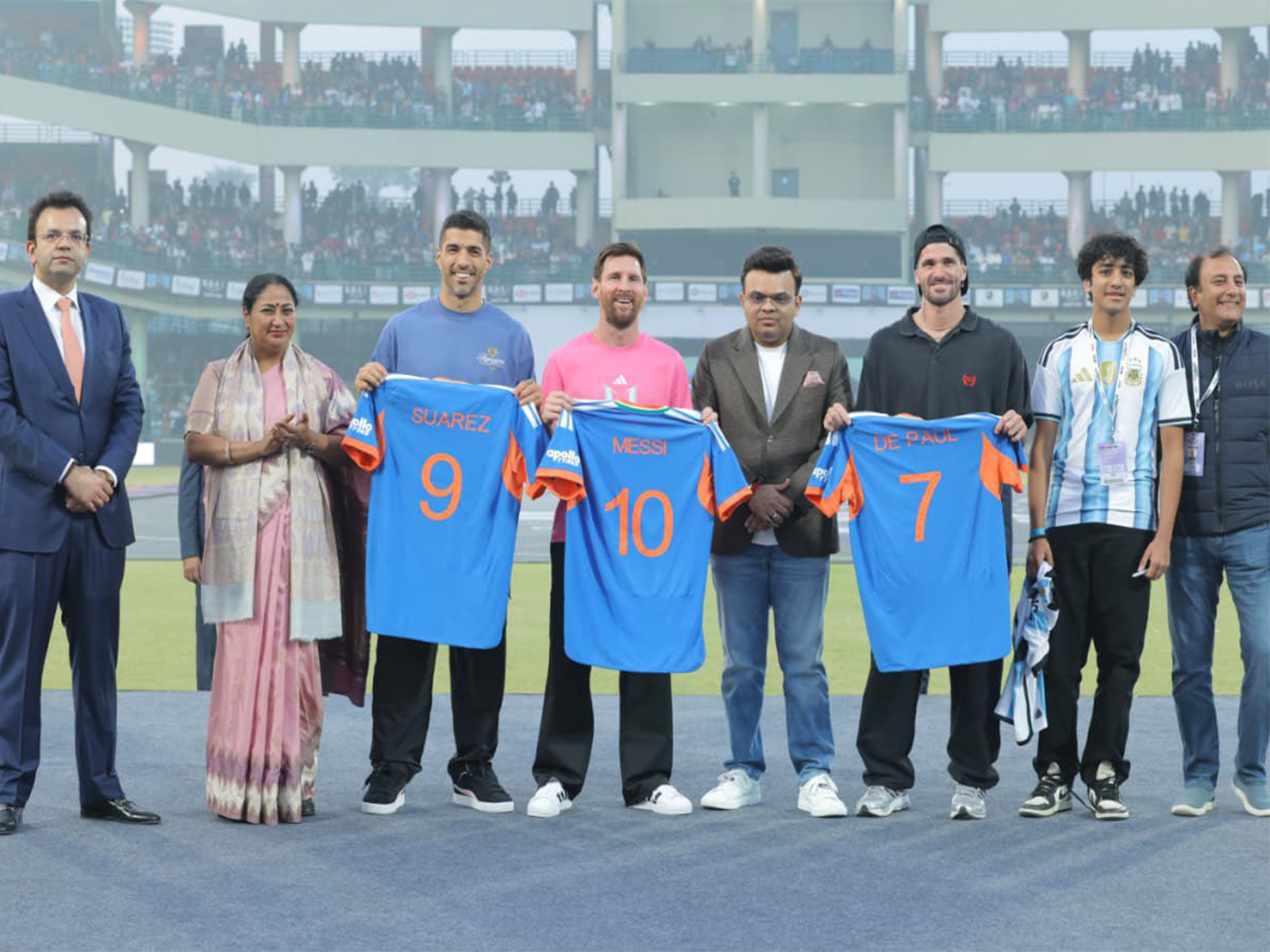Elections in Pakistan neither free nor fair, real power to be held by army: Former Indian diplomat
Feb 08, 2024

New Delhi [India], February 8 : Former Indian diplomat KP Fabian has said elections in Pakistan will be neither free nor fair and that the real power will be held by the country's army chief.
The Pakistan "election will be neither fair nor free. Whoever becomes prime minister, real power is held by the army chief who is not standing for election," the former Indian diplomat said.
He said Pakistan is in deep disarray politically, economically and on a wider social basis because of terrorism.
"In the meantime, Pakistan opposition leader Imran Khan and his wife are in jail. Imran Khan had every right to tell the people of Pakistan that America was putting pressure to make sure that confidence motion on him succeeds. But then he is put in jail. So, the charges against him do not stand scrutiny," Fabian said.
He said that the justice system in Pakistan has also disappeared.
Meanwhile, Former Indian High Commissioner to Pakistan Ajay Bisaria has said the Pakistan general elections are the most predictable, the most rigged.
"These elections on February 8 are not just the most predictable, but also the most rigged, because it's clear for everyone in Pakistan, if you see the commentary that is coming from within Pakistan, that the election results are clear, that the army in various ways is doing pre-election engineering, it will probably do some election engineering and post-election engineering to get a government that it wants in place," Bisaria said.
"It is said that it will possibly be a selection of Nawaz Sharif and his Pakistan Muslim League (N) (PML-N) party. So I think that is a widespread expectation, and that's fairly accurate," Bisaria added.
More than 17,000 candidates are contesting today's elections in Pakistan, Dawn reported.
Voters will elect 266 candidates to the Pakistan National Assembly, who will later, by a majority vote, elect the next prime minister.
Simultaneously, voters will also elect representatives to their respective provincial assemblies, who will then elect the provincial chief executives under a similar process.
